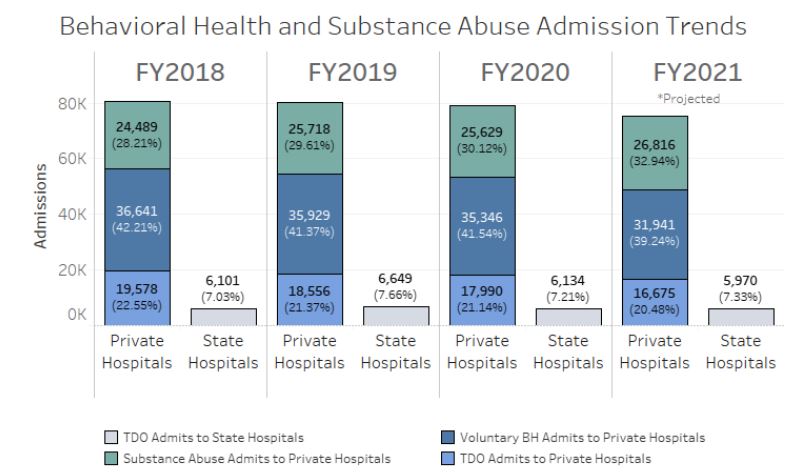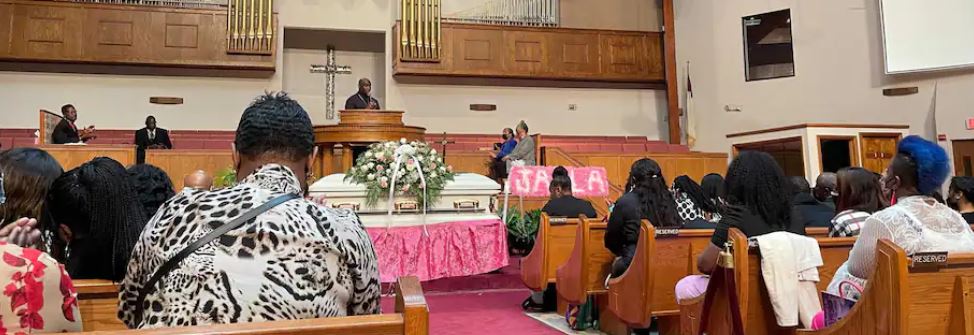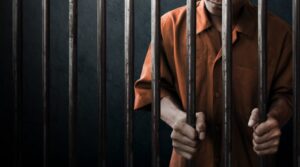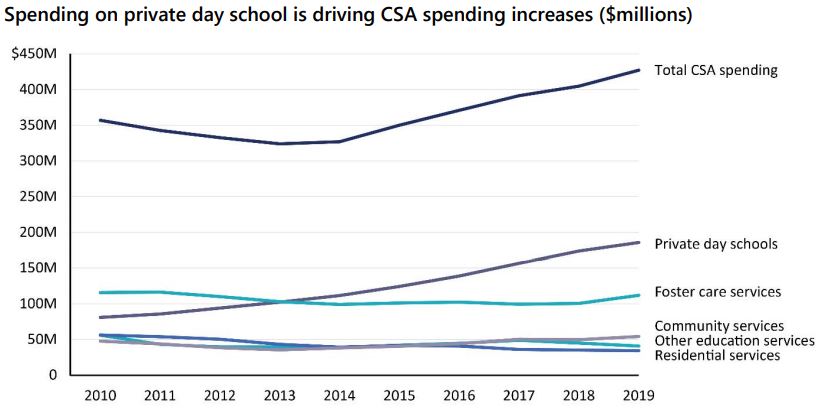 by James C. Sherlock
by James C. Sherlock
Virginians – the state and individual citizens – have received over $81 billion in COVID-related federal funding. That comes to $9,507 for every man, woman and child in the Commonwealth. Big money.
That was Virginia’s share of $5.3 trillion in federal spending just on the pandemic (so far). A trillion dollars is a million million dollars. A thousand billion dollars.
For comparison, GDP was about $21 trillion in 2020 It is projected to total just short of $23 trillion this year. The national debt is $29 trillion and growing. A little over $86,000 for every American. That figure does not include the $5 trillion in additional spending pending in the Congress.
Every day we spend $1 billion on interest with interest on the 10-year treasuries at 1.18% today. The Congressional budget office predicts 3.6% before 2027. Do the math. That is $3 billion a day — well over a trillion dollars a year — in interest.
Relax. If you thought I was about to launch off on a discussion of drunken sailors, writing checks that our grandkids will have to make good, and the fact that inflation will drive interest payments ever upward, be reassured I am not.
This is about the demonstrated inability of many government agencies at every level to regulate, administer, oversee, spend and repeat with anything approaching efficiency or effectiveness. Continue reading













